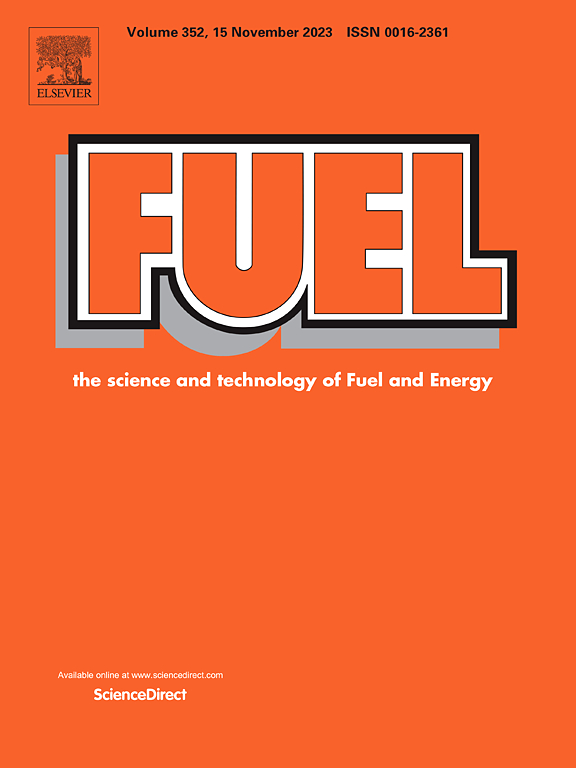预测气化炉渣粘度-温度特性的数据驱动机器学习方法
IF 6.7
1区 工程技术
Q2 ENERGY & FUELS
引用次数: 0
摘要
熔融硅酸盐渣的粘度对气化炉的稳定运行至关重要。然而,目前对于非牛顿矿渣的黏度还没有有效的预测方法,因为组分复杂导致结晶体的多样化,很难基于结晶或流动机制来准确预测非牛顿矿渣的黏度。在本研究中,采用先进的人工智能方法,通过数据驱动的方法来预测煤渣的粘度。以2420多个实验数据点为数据集,建立了随机森林(RF)、梯度增强决策树(GBDT)、反向传播(BP)神经网络和支持向量回归(SVR)四种机器学习模型。在构建模型之前,对气化渣的化学性质进行了分析,以确定对粘度有显著影响的因素。然后选择组分Si、Al、Ca、Fe、Mg、Na、K、Si/Al以及温度作为输入参数。经过训练和测试,结果表明,基于流体类型分类数据的粘度预测优于不分类数据的预测。在四种模型中,BP神经网络模型对牛顿型和非牛顿型炉渣均表现出最优和最小的误差。此外,BP神经网络模型对临界粘度温度(Tcv)具有较好的预测效果。本文章由计算机程序翻译,如有差异,请以英文原文为准。
Data-driven machine learning methods to predict the viscosity-temperature characteristics for gasification slags
The viscosity of molten silicate slags is crucial for the stable operation of the gasifier. However, there is currently no effective prediction method for the viscosity of non-Newtonian slags because the complex components lead to the diversification of crystals, making it difficult to accurately predict the viscosity of non-Newtonian slags based on crystallization or flow mechanisms. In this study, advanced artificial intelligence methods were used to predict the viscosity of coal slags through data-driven approaches. Four machine learning models were established—Random Forest (RF), Gradient Boosting Decision Tree (GBDT), Backpropagation (BP) Neural Network, and Support Vector Regression (SVR)—with a collection over 2,420 experimental data points as the dataset. Before constructing the models, an analysis of the chemical properties of gasification slags is conducted to identify the factors that significantly influence viscosity. Then the compositions Si, Al, Ca, Fe, Mg, Na, K, Si/Al as well as temperature are selected as the input parameters. After training and test, results show that viscosity predication based on classified dataset on fluid types performs better than that without classification. Among the four models, the BP Neural Network model shows the best with least error for both Newtonian and non-Newtonian slags. Besides, the Critical Viscosity Temperature (Tcv) is demonstrated with a good prediction by BP Neural Network model.
求助全文
通过发布文献求助,成功后即可免费获取论文全文。
去求助
来源期刊

Fuel
工程技术-工程:化工
CiteScore
12.80
自引率
20.30%
发文量
3506
审稿时长
64 days
期刊介绍:
The exploration of energy sources remains a critical matter of study. For the past nine decades, fuel has consistently held the forefront in primary research efforts within the field of energy science. This area of investigation encompasses a wide range of subjects, with a particular emphasis on emerging concerns like environmental factors and pollution.
 求助内容:
求助内容: 应助结果提醒方式:
应助结果提醒方式:


